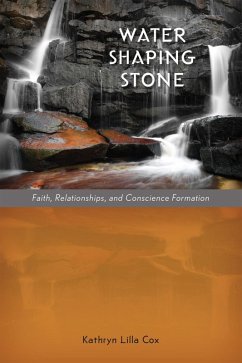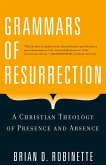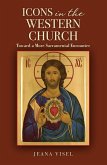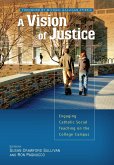The Catholic Tradition requires the faithful to form and follow their conscience. This is the case even with the recognition that consciences can be malformed and one can make errors in practical judgments. Water Shaping Stone examines various aspects of this tradition regarding conscience by using, among other sources, twentieth-century magisterial documents, theologians' works, and Scripture. Kathryn Lilla Cox argues that while the Magisterium retains teaching authority, and a responsibility to help form consciences through its teaching, focusing only on the Magisterium leads to incomplete formation. A more holistic vision of conscience formation means considering the formation of the moral agent to be a multifaceted process that draws on, for example, teaching, prayer, rituals, Scripture, practices, and virtues, along with relationships with the Triune God and communities of accountability. This vision of conscience formation retains the magisterial teaching authority while acknowledging discipleship as the theological basis for making and assessing practical judgments of conscience.
Dieser Download kann aus rechtlichen Gründen nur mit Rechnungsadresse in A, D ausgeliefert werden.









